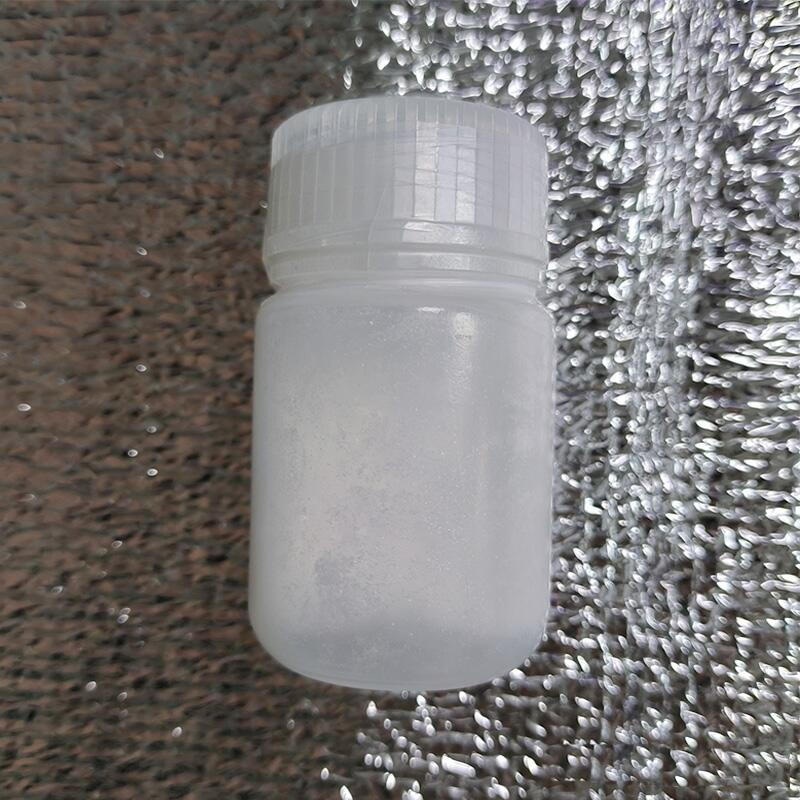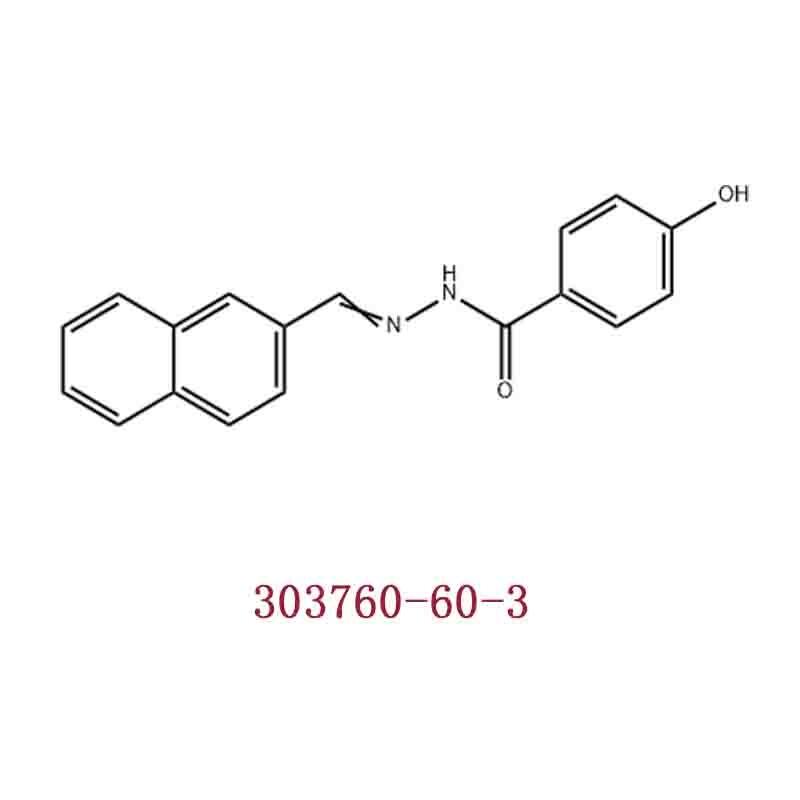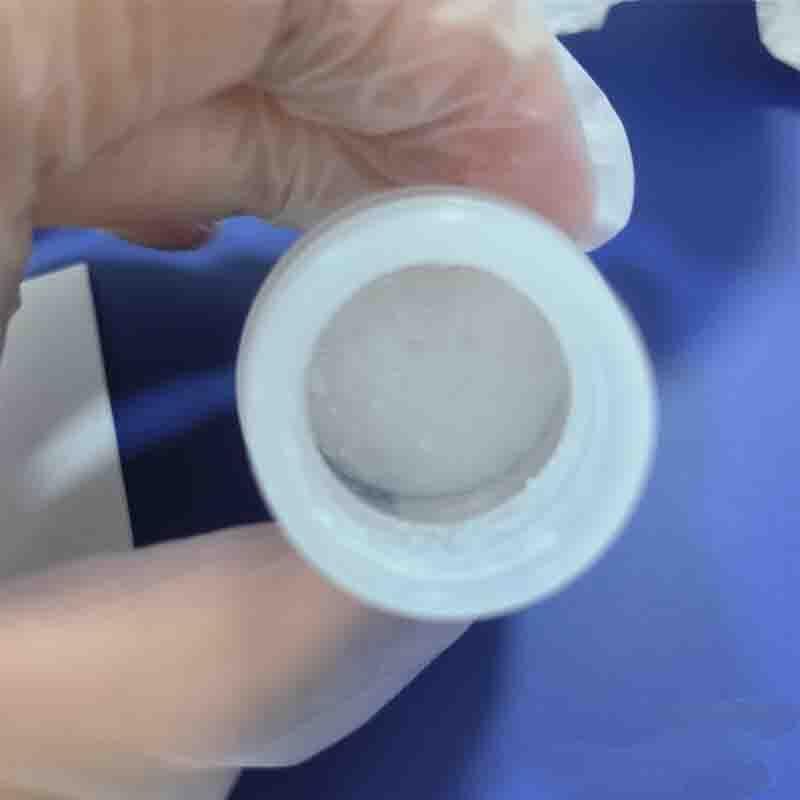-
Categories
-
Pharmaceutical Intermediates
-
Active Pharmaceutical Ingredients
-
Food Additives
- Industrial Coatings
- Agrochemicals
- Dyes and Pigments
- Surfactant
- Flavors and Fragrances
- Chemical Reagents
- Catalyst and Auxiliary
- Natural Products
- Inorganic Chemistry
-
Organic Chemistry
-
Biochemical Engineering
- Analytical Chemistry
-
Cosmetic Ingredient
- Water Treatment Chemical
-
Pharmaceutical Intermediates
Promotion
ECHEMI Mall
Wholesale
Weekly Price
Exhibition
News
-
Trade Service
iNature has more than 1 million newly diagnosed cases of gastric cancer each year, making it the fifth most common cancer and the fourth leading cause of cancer-related death worldwide
.
The strongest risk factor for gastric cancer is infection with Helicobacter pylori, classified as a group I carcinogen by the World Health Organization (WHO)
.
Helicobacter pylori (H.
pylori) infection is a major risk factor for gastric cancer
.
RAS mutations in gastric cancer are rare, accounting for 6% in the TCGA cohort and 5% in the multicenter cohort
.
However, the RAS signaling pathway is abnormally activated in approximately 40% of gastric cancer cases, in which H.
pylori infection appears to play a key role
.
However, the mechanism by which H.
pylori activates RAS signaling remains unclear
.
On February 5, 2022, Huang Changming of Fujian Medical University and Wael El-Rifai of the University of Miami published a joint communication in Gastroenterology (IF=23) entitled "Helicobacter pylori-induced RASAL2 through activation of NF-kB promotes gastric tumorigenesis via β- catenin signaling axis", which applied bioinformatics analysis of local and public databases to analyze RASAL2 expression, signaling pathways, and clinical significance
.
This study found that H.
pylori infection induced RASAL2 expression through an NF-κB-dependent mechanism, in which NF-κB directly binds to the RASAL2 promoter that activates its transcription
.
Through gene silencing and ectopic overexpression, RASAL2 was found to upregulate β-catenin transcriptional activity
.
RASAL2 inhibits PP2A activity through direct binding and subsequent activation of the AKT/β-catenin signaling axis
.
Functionally, RASAL2 silencing reduced nuclear β-catenin levels and impaired tumor spheroid and organoid formation
.
Furthermore, depletion of RASAL2 impairs tumor growth in gastric tumor xenograft mouse models
.
Clinicopathological analysis revealed that aberrant overexpression of RASAL2 was associated with poor prognosis and chemoresistance in human gastric tumors
.
In conclusion, this study reveals a new signaling axis of NF-κB/RASAL2/β-catenin, providing a new link between infection, inflammation and gastric tumorigenesis
.
With more than 1 million newly diagnosed cases of gastric cancer each year, it is the fifth most common cancer and the fourth leading cause of cancer-related death worldwide
.
The strongest risk factor for gastric cancer is infection with Helicobacter pylori, classified as a group I carcinogen by the World Health Organization (WHO)
.
Helicobacter pylori infection promotes the development and progression of gastric cancer by mediating the activation of oncogenes and the repression of tumor suppressor genes through genetic and epigenetic mechanisms
.
RAS proteins (HRAS, KRAS, NRAS), known as small molecular weight GTPases, play an important role in the pathophysiology of human diseases
.
About 20% of cancer patients have activating mutations in the RAS gene
.
Surprisingly, RAS mutations in gastric cancer are rare, accounting for 6% in the TCGA cohort and 5% in the multicenter cohort
.
However, the RAS signaling pathway is abnormally activated in approximately 40% of gastric cancer cases, in which H.
pylori infection appears to play a key role
.
However, the mechanism by which H.
pylori activates RAS signaling remains unclear
.
Two key effectors mediate the mammalian RAS signaling pathway: guanine nucleotide exchange factor (GEF) and GTPases activating protein (GAP)
.
As an important member of the RAS GAPs family, RAS protein activator-like 2 (RASAL2) has been shown to have opposite functions related to cell type and environment
.
RASAL2 is considered to be a tumor suppressor in luminal-B breast, bladder, lung and ovarian cancers; at the same time, there is increasing evidence that RASAL2 has an oncogenic role in certain human cancer types, such as triple-negative breast, Rectal and liver cancer
.
However, the exact role of RASAL2 in gastric cancer remains largely unknown
.
In this study, a previously unknown oncogenic function of RASAL2 in gastric cancer was demonstrated
.
Our findings reveal a novel mechanism by which H.
pylori infection induces RASAL2 expression to promote gastric tumorigenesis and chemoresistance
.
These findings suggest that RASAL2 is a potential prognostic factor and molecular vulnerability of gastric cancer
.
This study found that H.
pylori infection induced RASAL2 expression through an NF-κB-dependent mechanism, in which NF-κB directly binds to the RASAL2 promoter that activates its transcription
.
Through gene silencing and ectopic overexpression, RASAL2 was found to upregulate β-catenin transcriptional activity
.
RASAL2 inhibits PP2A activity through direct binding and subsequent activation of the AKT/β-catenin signaling axis
.
Functionally, RASAL2 silencing reduced nuclear β-catenin levels and impaired tumor spheroid and organoid formation
.
Furthermore, depletion of RASAL2 impairs tumor growth in gastric tumor xenograft mouse models
.
Clinicopathological analysis revealed that aberrant overexpression of RASAL2 was associated with poor prognosis and chemoresistance in human gastric tumors
.
In conclusion, this study reveals a new signaling axis of NF-κB/RASAL2/β-catenin, providing a new link between infection, inflammation and gastric tumorigenesis
.
Reference news: https://#relatedArticles







